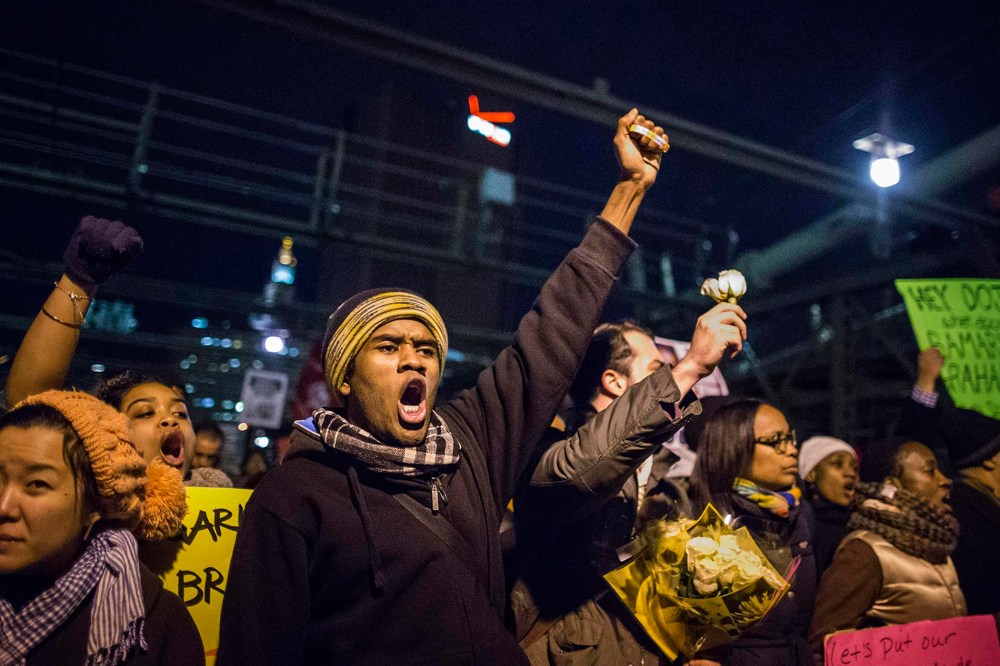Our system of government works best when there are checks and balances led by independent entities that are empowered to conduct fair and rigorous oversight. These are the same principles enshrined in the founding document of our country – our Constitution.
So, why then do we allow relationships within our criminal justice system that could produce bias without any actual oversight?
I am speaking, of course, about the grand jury decision in the case of Eric Garner and the relationship between the Staten Island district attorney and the police officer he purported to prosecute. Despite clear, video evidence that showed what appears to be Garner’s chokehold death at the hands of police, the district attorney was unable to obtain an indictment — even for a lesser offense of assault.
RELATED: City officials clash over Garner decision
This incident — perpetrated against an unarmed man allegedly selling loose cigarettes — embodies the type of overaggressive, violent policing prevalent in many of our communities of color nationwide.
While the grand jury’s decision stands, as Americans, we must work to eliminate the inherent bias in our judicial system in the relationship between police officers and district attorneys.
District attorneys are often some of the finest public servants. However, the system in which they operate to investigate cases of police misconduct leaves a huge window for unintended bias. Our justice system allows district attorneys to be charged with the great responsibility of prosecuting the very same police officers they work side-by-side with every day and whose union support they seek when running for reelection.
PHOTOS: Protesters rally nationwide over Garner grand jury decision
Any district attorney knows that an endorsement from law enforcement unions is vital to earning voters’ trust. As a result, police unions play an outsized role in district attorney elections.
For these reasons, it’s unrealistic to expect even the best district attorney to be absolutely impartial in cases where they are asked to prosecute a police officer. It’s why I have called upon the governor of New York to appoint a special prosecutor to investigate and prosecute cases where a police officer is accused of causing the death of, or grievous injury to, another person.
New York state law authorizes the governor to exercise this authority to appoint a special prosecutor, and in fact, many previous governors have done so, including Teddy Roosevelt and Mario Cuomo. Many of those circumstances concerned systemic problems within law enforcement or the criminal justice system and required independent, outside parties to ensure proper investigation and justice.
The district attorney’s failure to indict in the Garner case – despite video evidence of the horrific circumstance – is an indication of this same type of broken system that requires a non-conflicted outside entity to intervene.












